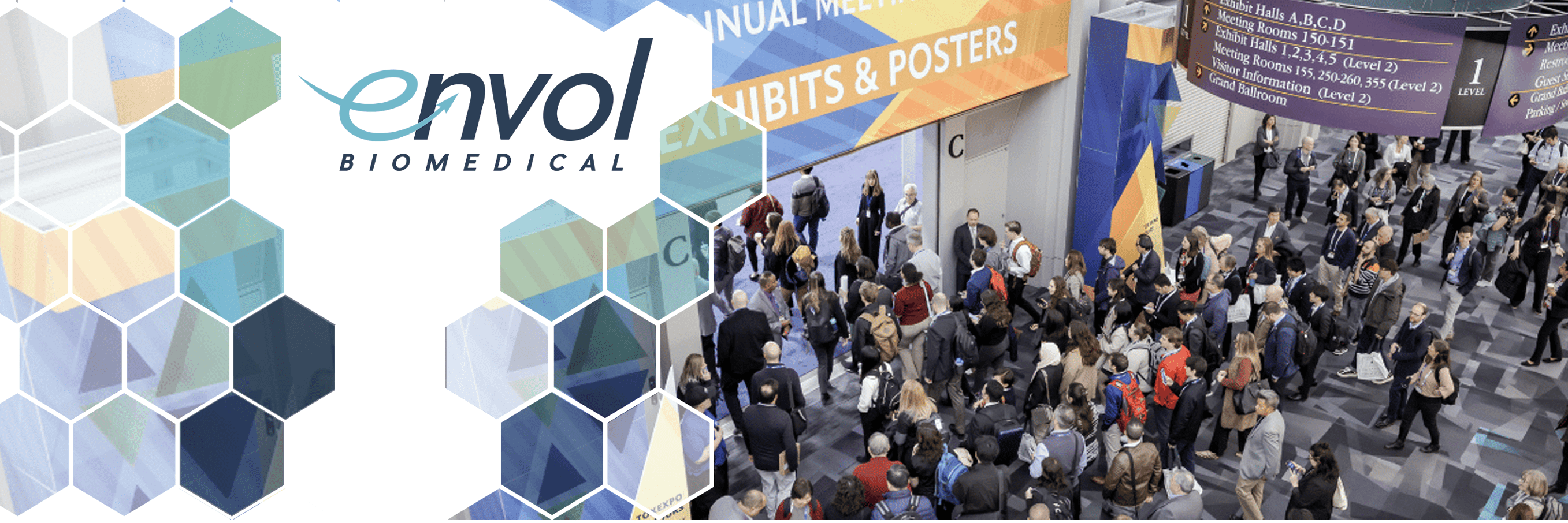
Having attended the Society of Toxicology’s SOT meetings for over 25 years, I’ve seen how the conference has evolved, and this year there were some noticeable shifts in the tone and focus of the event. As a specialist in non-human primate (NHP) testing, I found a lot of valuable discussions and insights, especially as they pertain to the future of biomedical research and its intersection with toxicology.
The Evolving Landscape of Toxicology and Biomedical Research
One of the most significant takeaways from SOT 2025 was the increasing focus on education and academic growth within toxicology. Historically, the conference has been a major hub for commercial opportunities, but in recent years, there’s been a clear shift toward fostering education and knowledge-sharing among professionals. This year, I noticed that fewer commercial entities attended, with many larger organizations no longer participating in the same way as before. Instead, the focus seemed to be on fostering a stronger academic environment, which is essential for the future of our field.
At the same time, the absence of federal employees, including those from the NIH and FDA, due to travel restrictions was palpable. These key figures are usually central to discussions around funding, regulatory developments, and the direction of biomedical research. Without their presence, much of the conversation revolved around the uncertainty in federal funding and the implications this might have on the industry. As an organization dedicated to non-human primate research, these funding uncertainties are something we must navigate carefully as we plan our future initiatives and collaborations.
Navigating Financial Uncertainty in 2025
One topic that dominated many conversations at SOT was the volatility in funding and the wider global financial uncertainty. In my discussions with colleagues and industry peers, it was evident that there is a certain level of anxiety in the air. Many are waiting to see how the political and economic climate will settle, particularly in light of shifting leadership and market instability. This has created a slow-down in investments across the industry, and we’re feeling that in our corner of the biomedical research space.
As a niche Contract Research Organization (CRO) specializing in non-human primate testing, Envol Biomedical is particularly attuned to these shifts. While I remain hopeful that things will stabilize later in the year, the current trend toward cautious spending is something we’ll need to continue to monitor closely. However, I’m confident that with the right approach, we can adapt to these changes and continue to offer valuable services to the biomedical community.
The Importance of Collaboration and Networking
Another major highlight from SOT 2025 was the emphasis on B2B interactions rather than direct client engagement. In many ways, this has been a silver lining. Even though we saw fewer potential clients attending the conference, the opportunity to meet and collaborate with industry peers has been invaluable. Networking with colleagues, even those from competing organizations, is essential for identifying new opportunities and fostering innovation.
At Envol, we focus on providing specialized NHP testing, and we’re proud to be part of a niche group of companies that make meaningful contributions to biomedical research. The exchange of ideas with other professionals in our space has been incredibly fruitful, and it’s encouraging to see how we can collaborate to advance the industry. These conversations also help us stay ahead of trends and understand the challenges others face, which ultimately allows us to better support our clients and contribute to the broader scientific community.
Looking Ahead: Envol’s Role in the Future of Toxicology
One exciting development that I’m particularly proud of is Envol’s ongoing transition to Good Laboratory Practices (GLP). This year, we’re implementing GLP standards to further elevate the quality and reliability of our toxicology studies. GLP compliance is an important milestone for us, and it will enable us to offer even more robust testing services for those conducting toxicological studies on non-human primates. Our aim is to continue to contribute to the field of primate biomedical research, ensuring that we’re providing valuable insights while adhering to the highest standards of quality.
We also remain committed to helping train the next generation of toxicologists and researchers. At Envol, we believe in paying it forward by offering educational opportunities for students and young professionals in our field. SOT has always been a hub for knowledge-sharing, and we’re proud to be a part of that ongoing effort.
Wrapping Up SOT 2025
As I look back at SOT 2025, I’m grateful for the conversations, collaborations, and insights that came from this year’s event. While the mood may have been a bit more subdued compared to past conferences, the event provided a unique opportunity to reflect on the challenges and opportunities we face in the industry. With Envol’s transition to GLP and our continued commitment to providing exceptional non-human primate testing, we are poised to play an important role in the future of biomedical research.
I’m excited for what’s ahead and look forward to continuing our contributions to the toxicology and biomedical research communities. As always, the team at Envol is here to help drive innovation, ensure the highest standards of testing, and foster collaboration within the industry. If you weren’t able to attend SOT 2025, don’t hesitate to reach out—we’re always ready for a conversation about the future of research and what we can do together to move the industry forward.

